There’s an archetypal personality in the Scottish Borders, the verdant wedge of rolling lowland abutting England’s northernmost reaches.
Innocent of motorways and barely skirted by rail, the region preserves an identity shaped not only by agriculture but also centuries of cross-border conflict. It’s an archetype that’s modest but steely, cautious of strangers and reluctant with an audience but boisterous among friends. I grew up surrounded by it. You’ll find it from Burnmouth to Buccleuch. Nothing unusual, then, about James Clark, Jnr, the young farmer from Chirnside. Except that he was the greatest racing driver in the world.
Clark was Formula 1 world champion in 1963 and in 1965, when he paused from winning six consecutive grands prix to triumph at Indianapolis. He narrowly missed three more F1 titles, was twice runner-up at the Brickyard and claimed the 1964 British Saloon Car Championship.
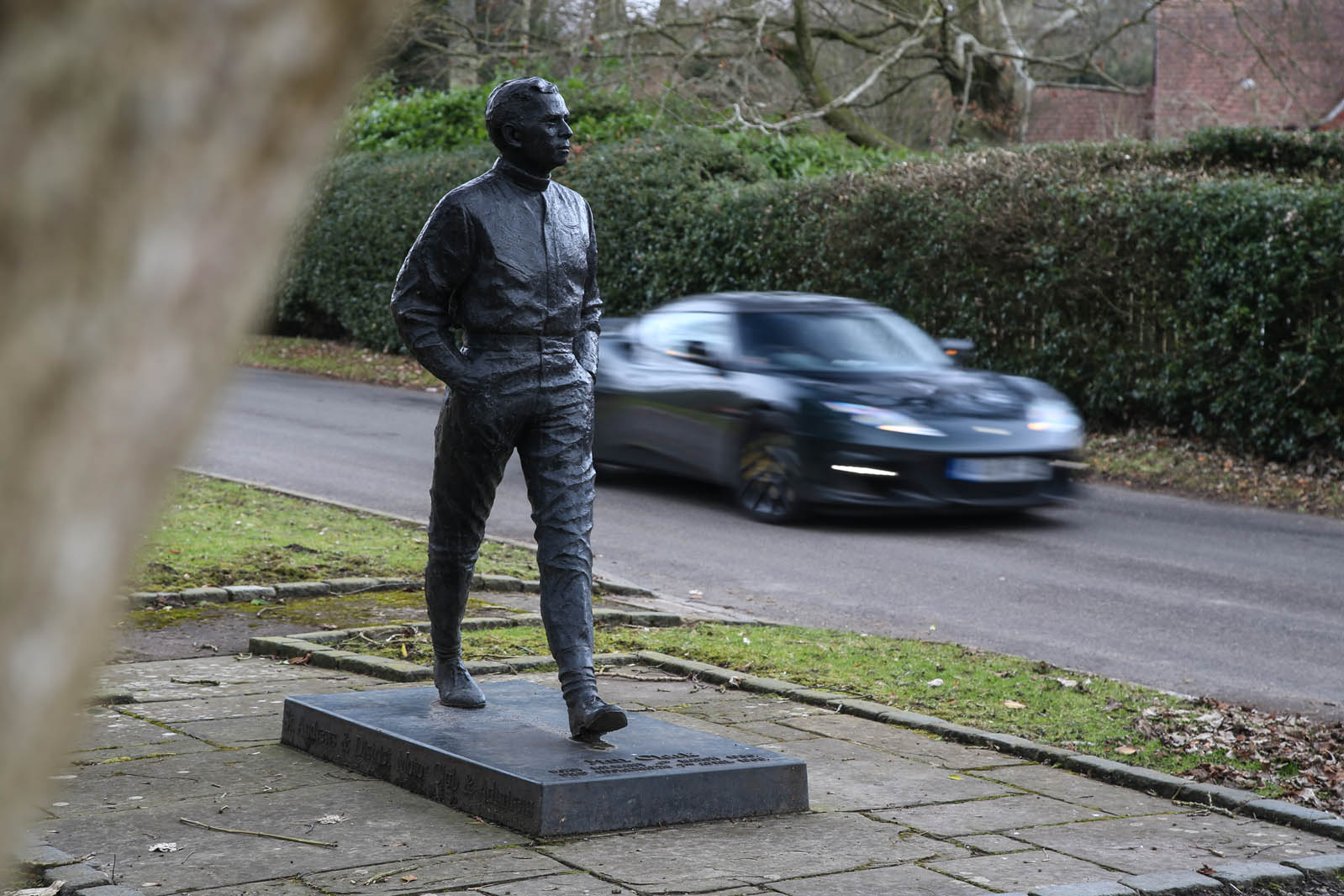
On 7 April 1968, Clark was killed when his Formula 2 Lotus-Cosworth crashed in the woods at Hockenheim. In the subsequent issue of Autocar, the accident’s cause eluded editor Peter Garnier, as it eludes today. Garnier’s eulogy concluded: “Though most of us will see him in memory, garlanded and waving after some great victory, it is perhaps the thought of his less glamorous, simpler background in his native land that endeared him to us all so much.”
That is why we’re making a pilgrimage to see the places, meet the people and drive the cars that helped shape a champion, when motorsport for Clark was still a local, amateur affair. We’re armed with a Lotus Evora GT410 Sport, the latest machine from the marque that carried Clark to his greatest triumphs, liveried in dark green with yellow calipers in tribute.
We’ll be guided by my father’s 1965 copy of Clark’s autobiography, At the Wheel – the book that inspired Webber the Elder growing up in Hawick as it did a teenage Steve Cropley kicking up dust in the Australian Outback. Such was the global appeal of this local hero; the man the French christened ‘Superjim’ and the Italians ‘Clarkissimo’.
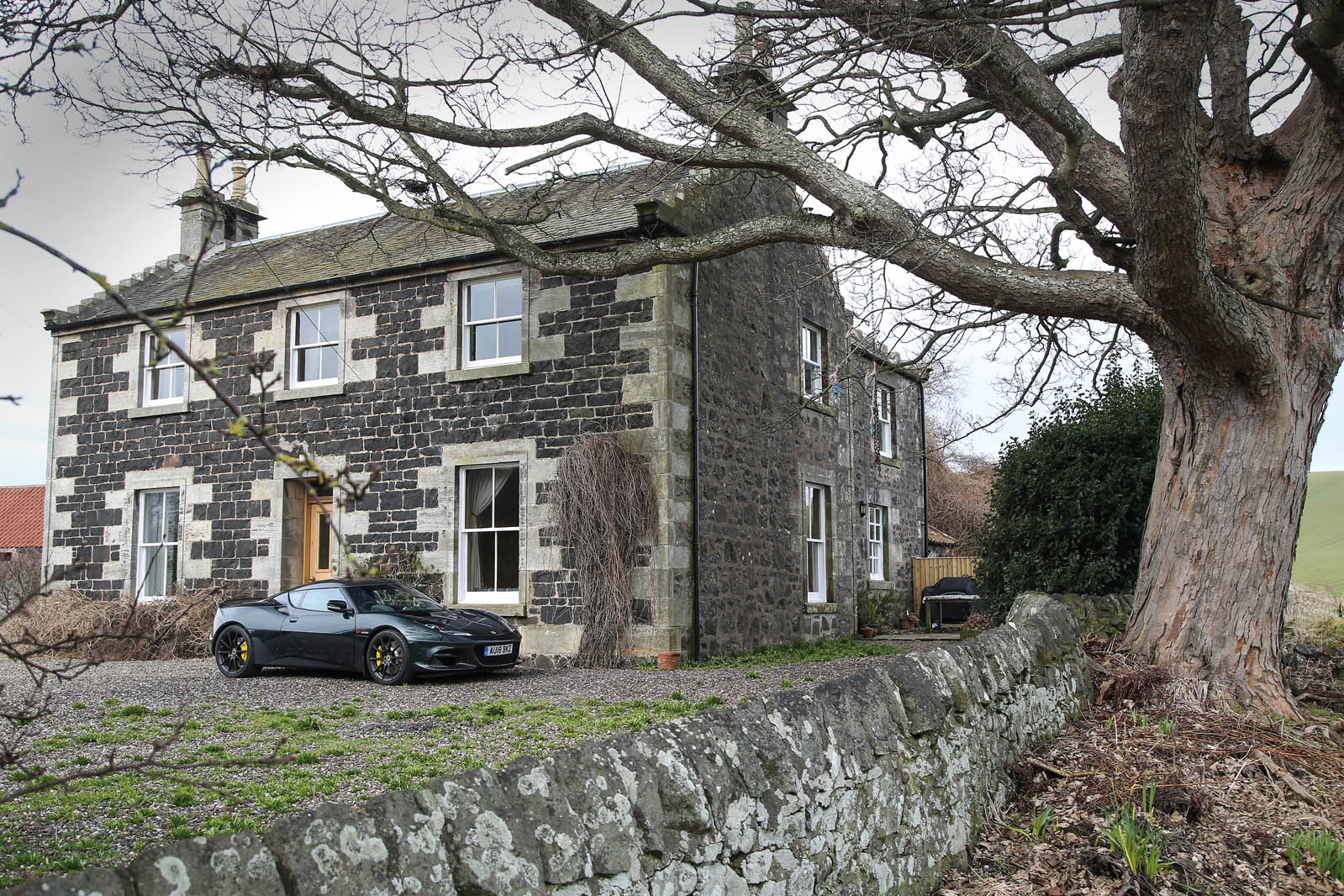

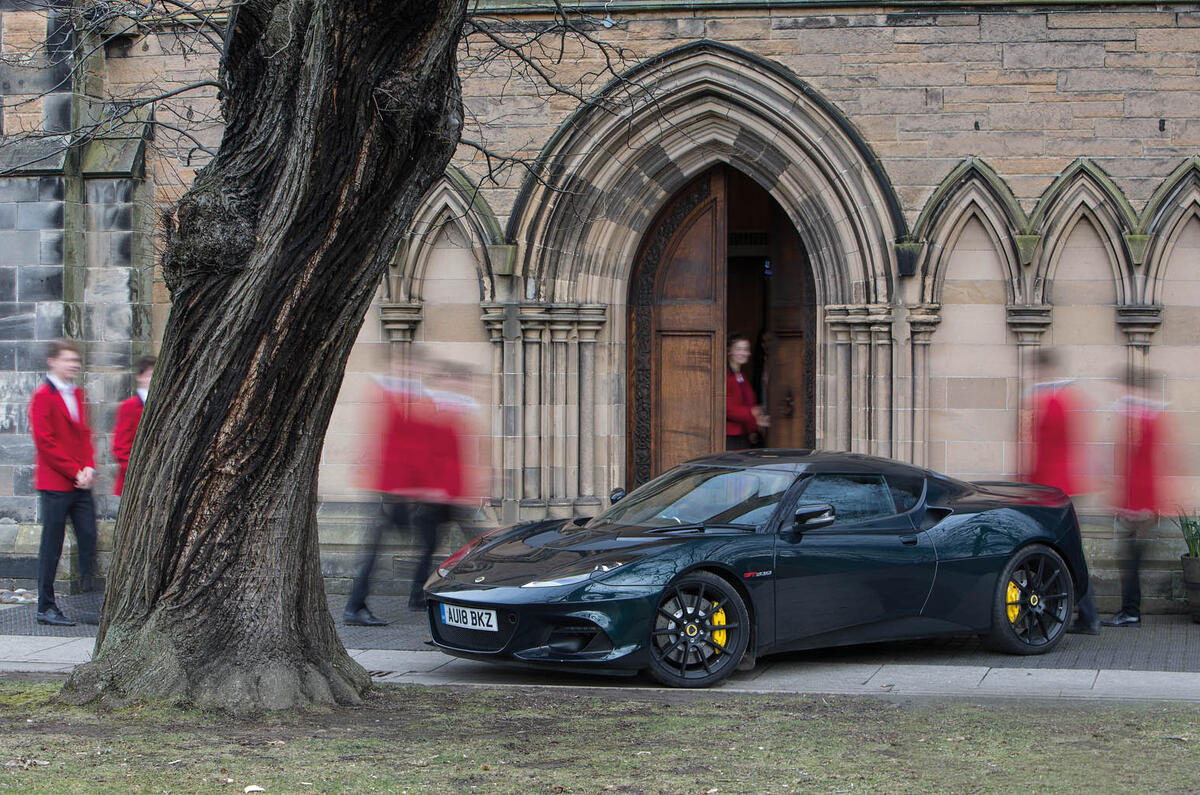
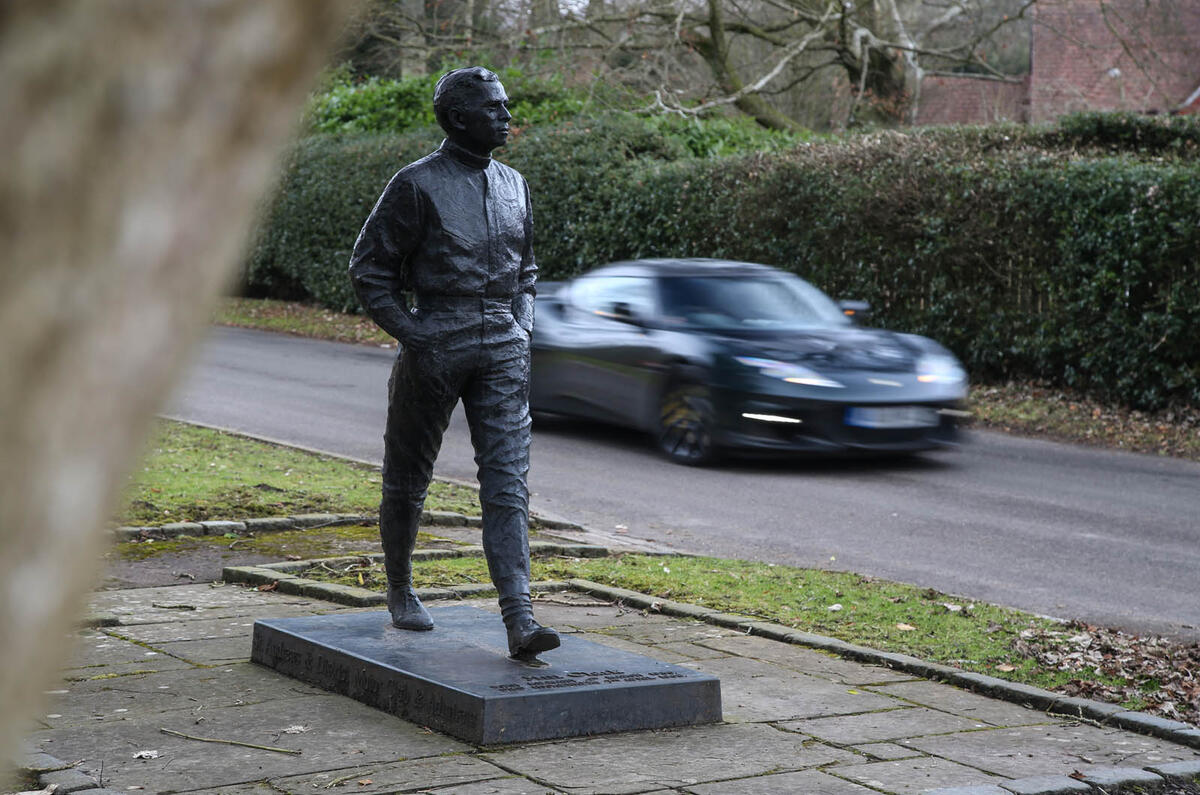
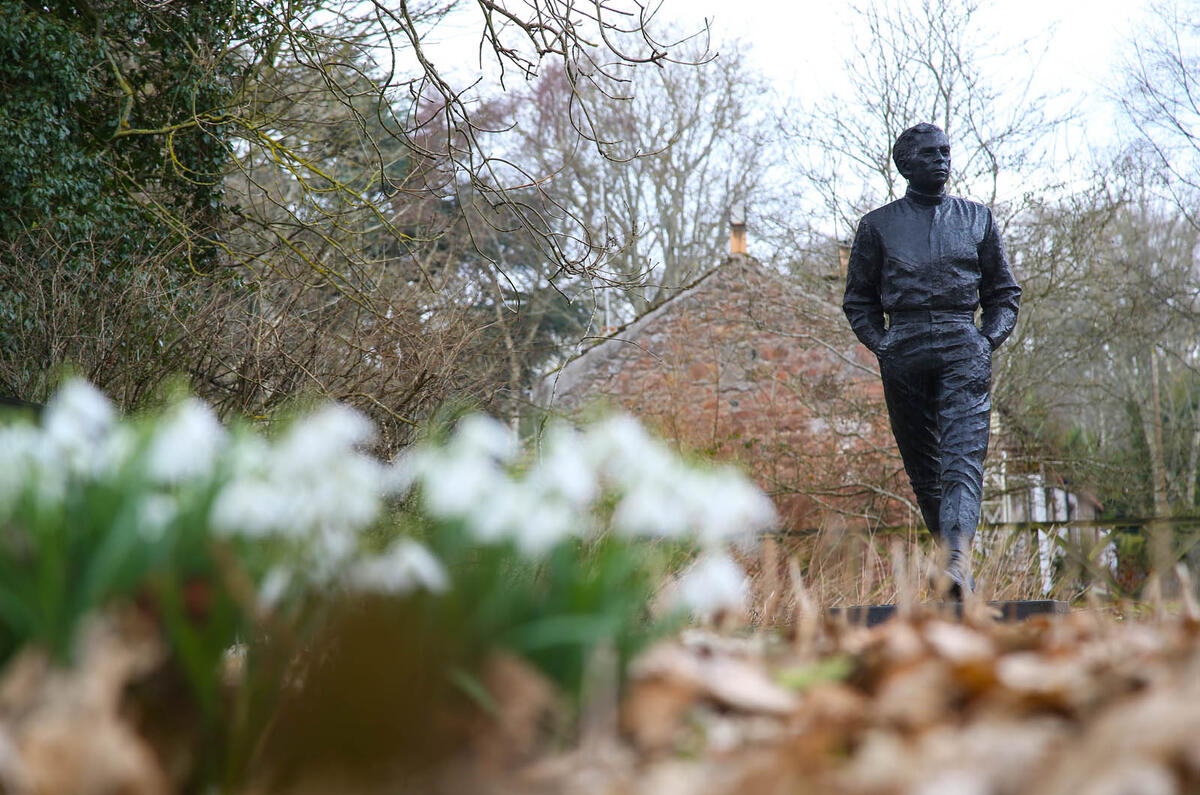
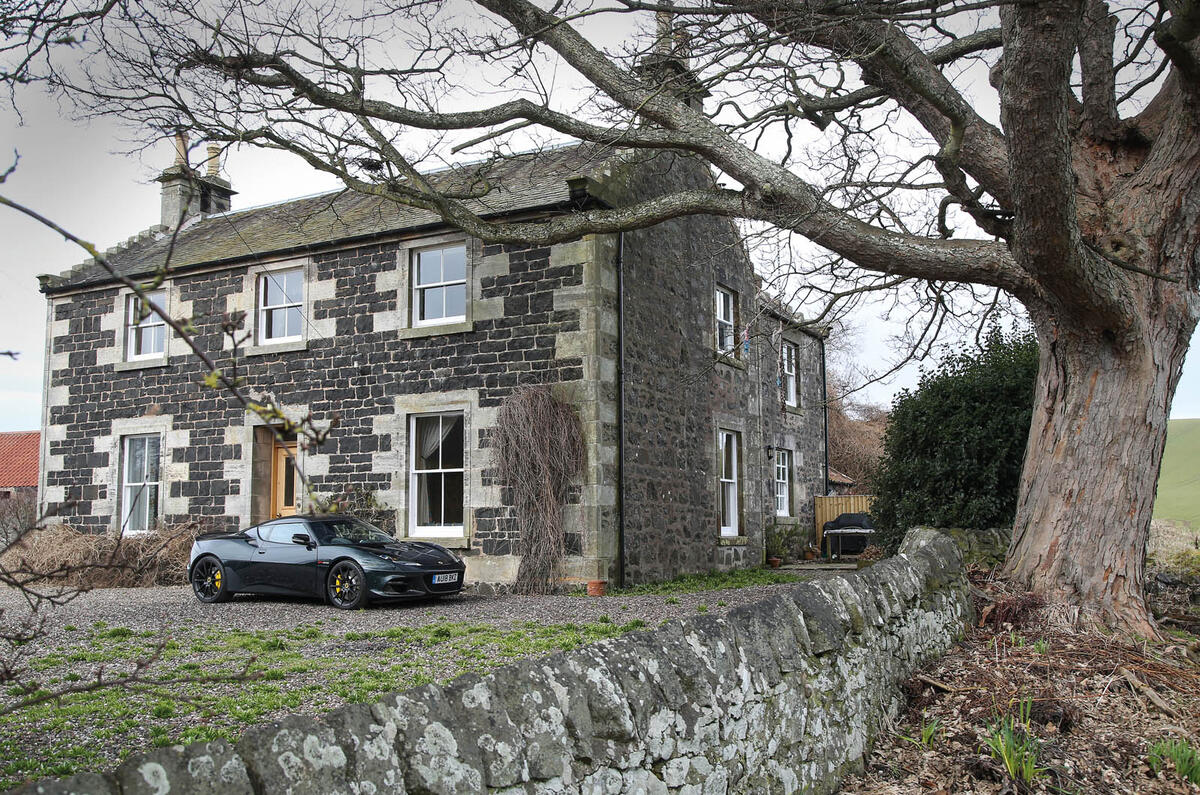
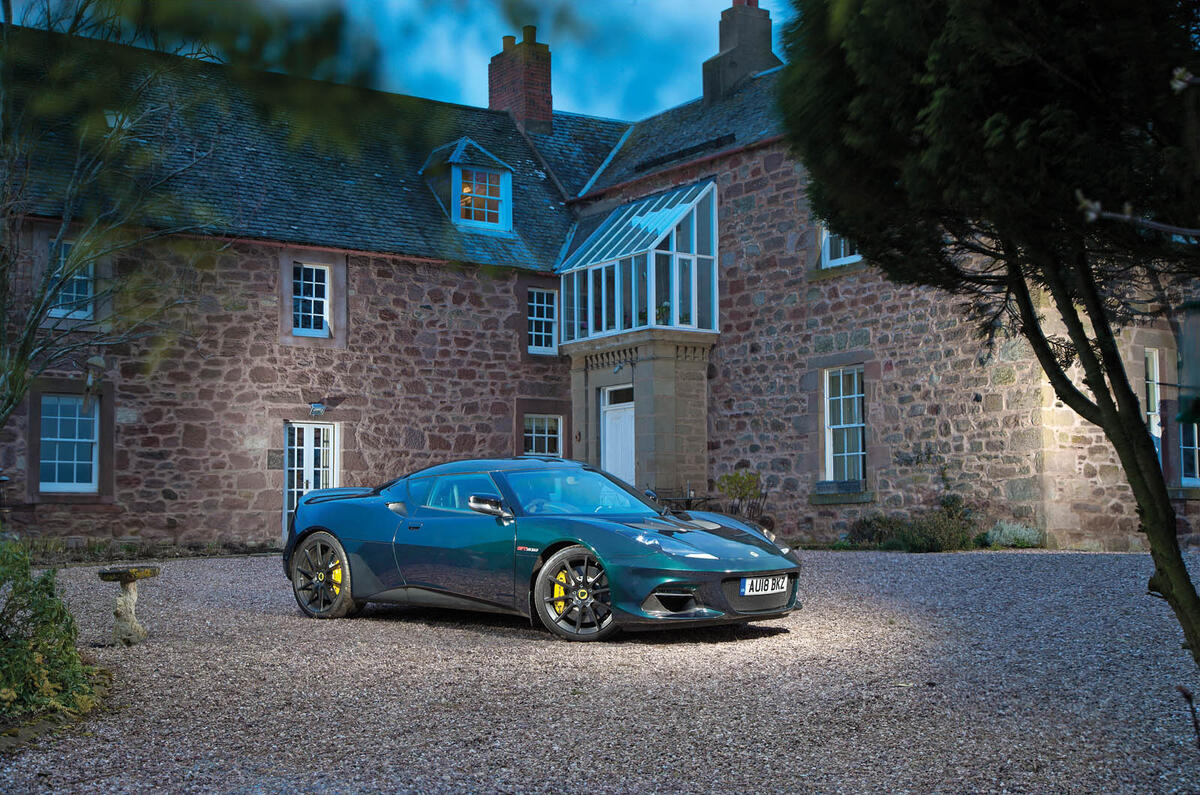
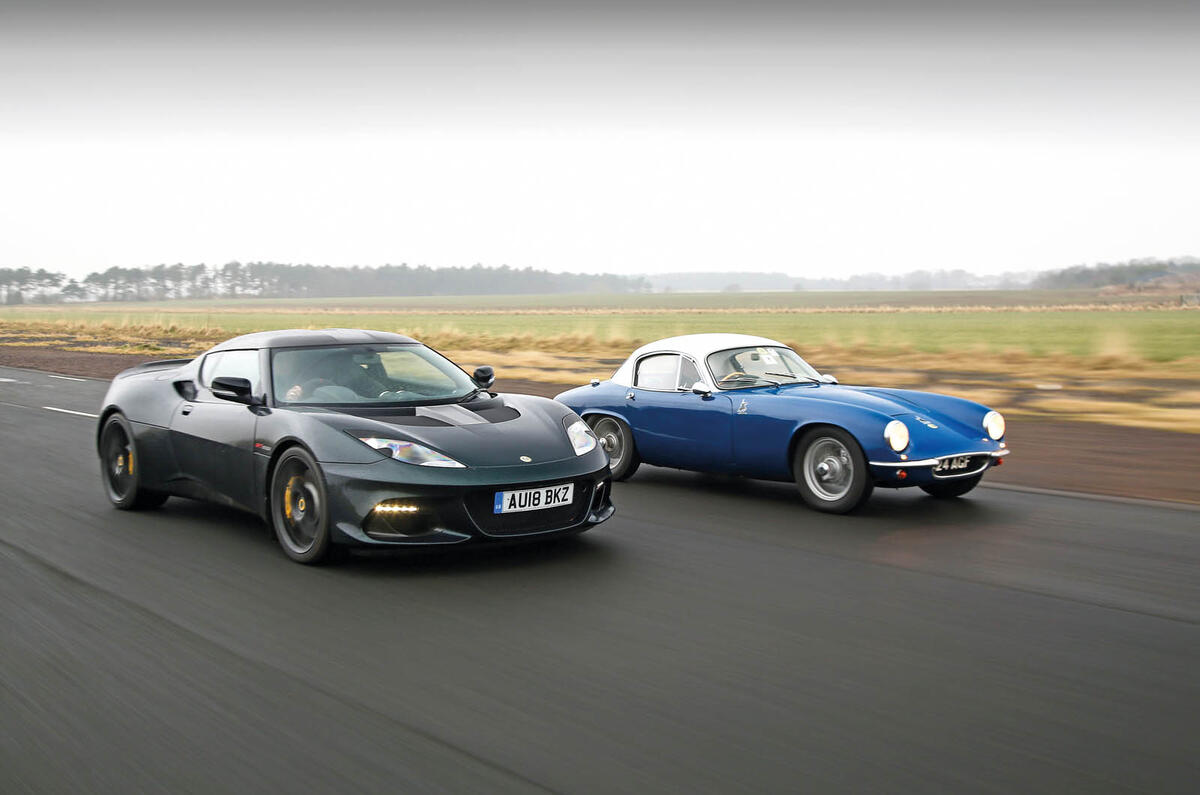
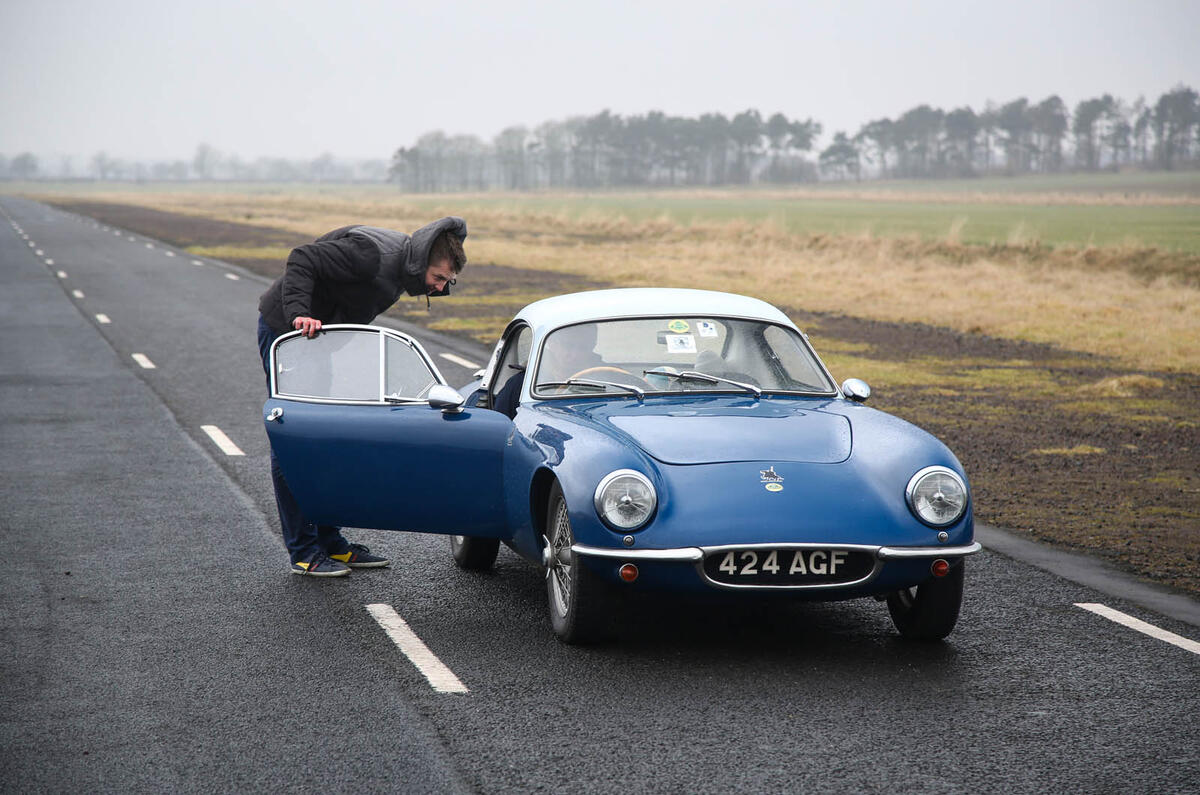
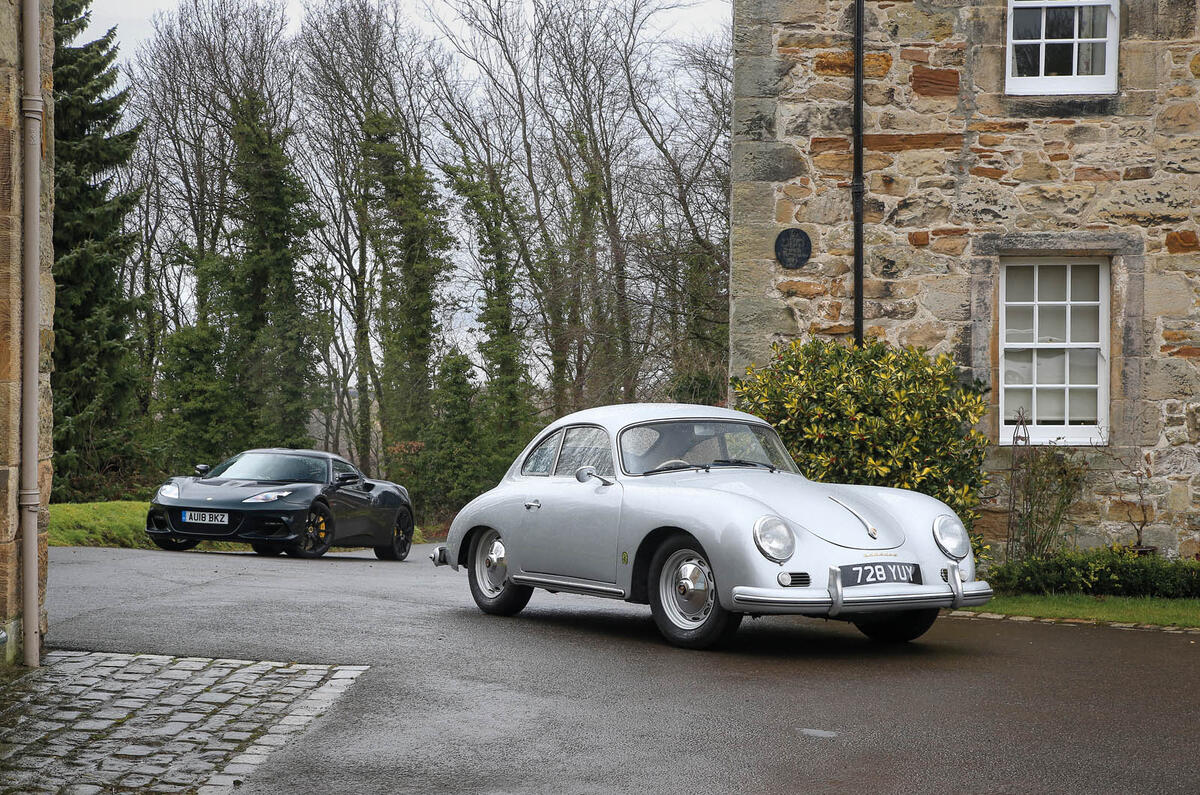
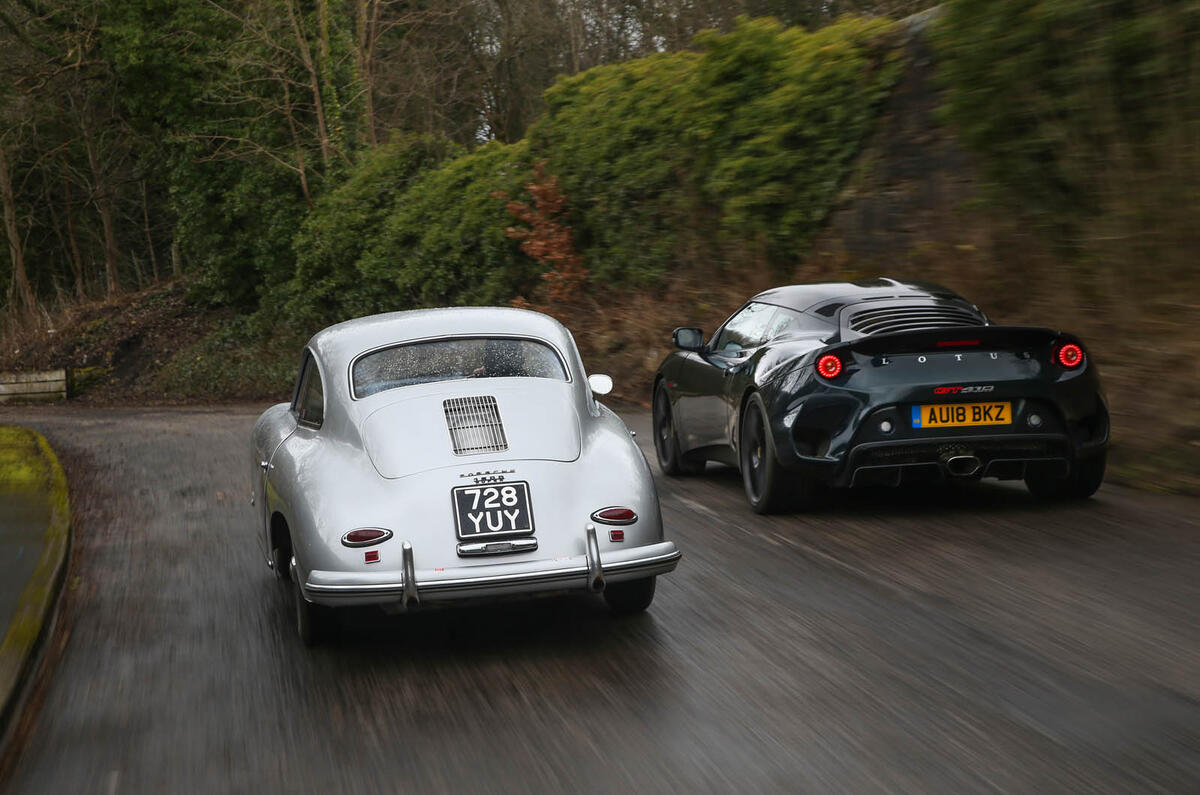
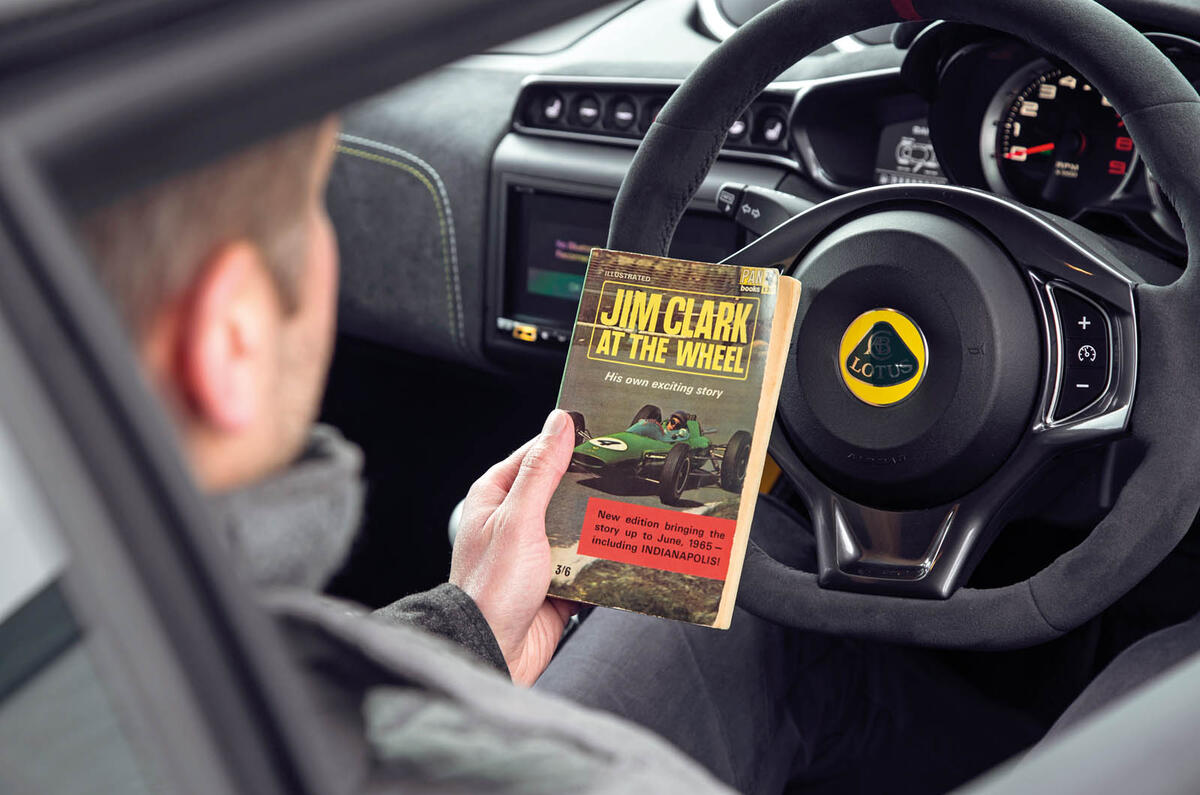
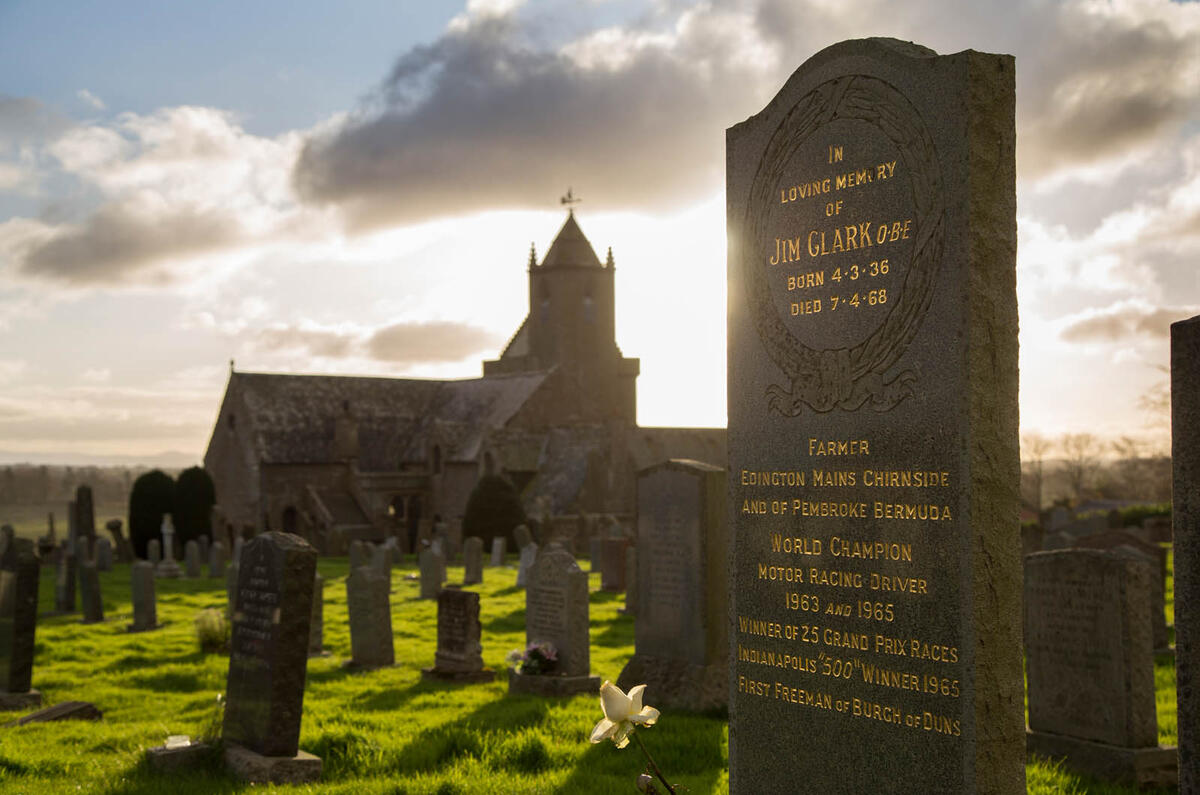
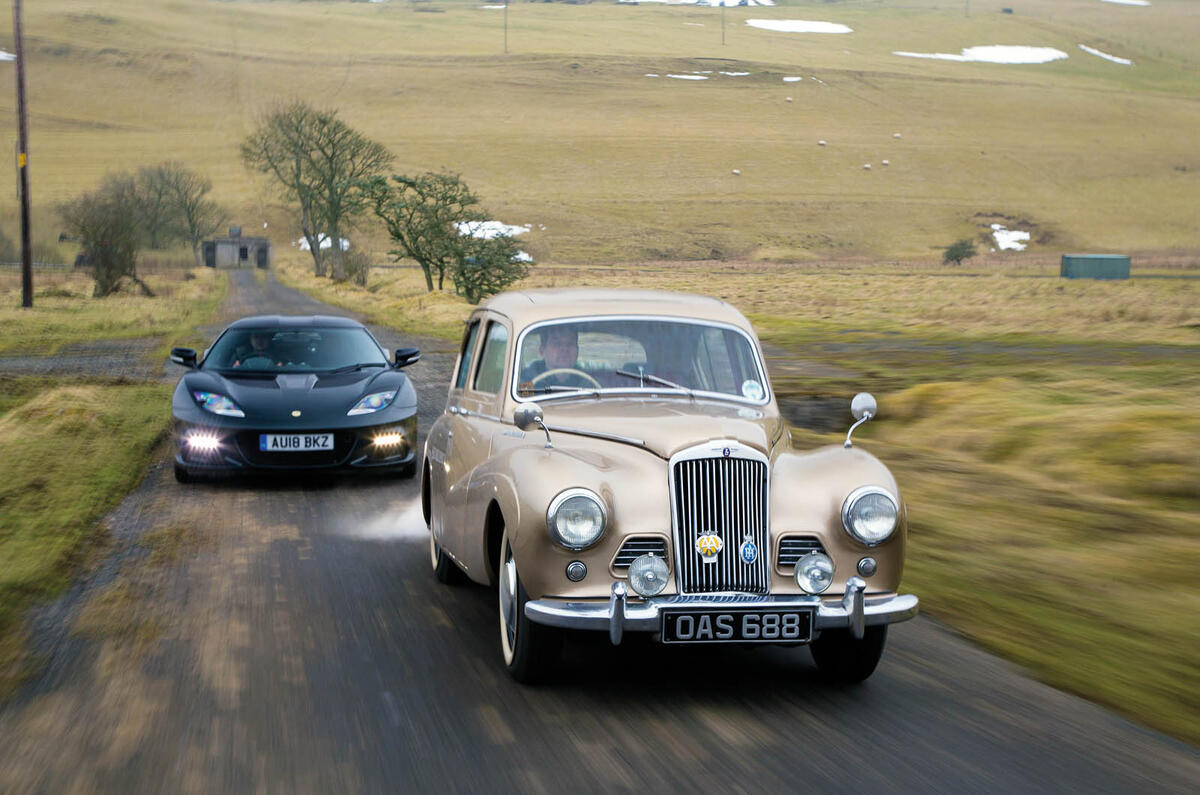
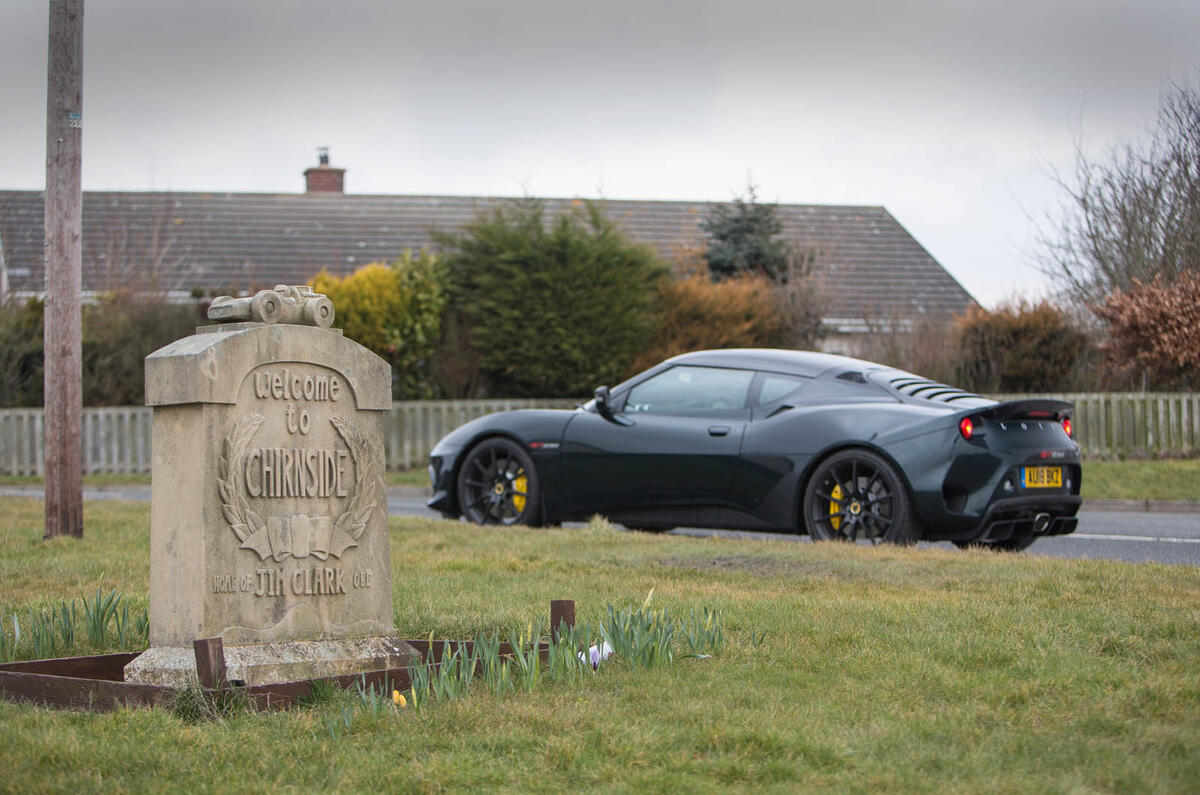
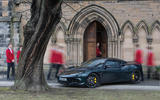
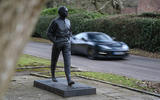
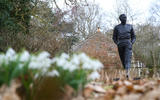
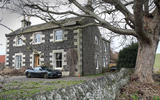
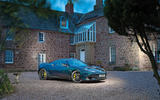
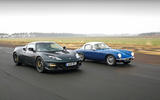
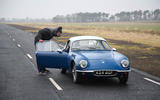
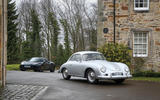
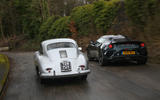
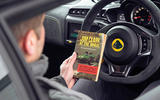
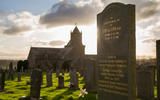
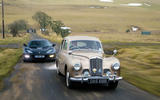
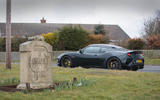

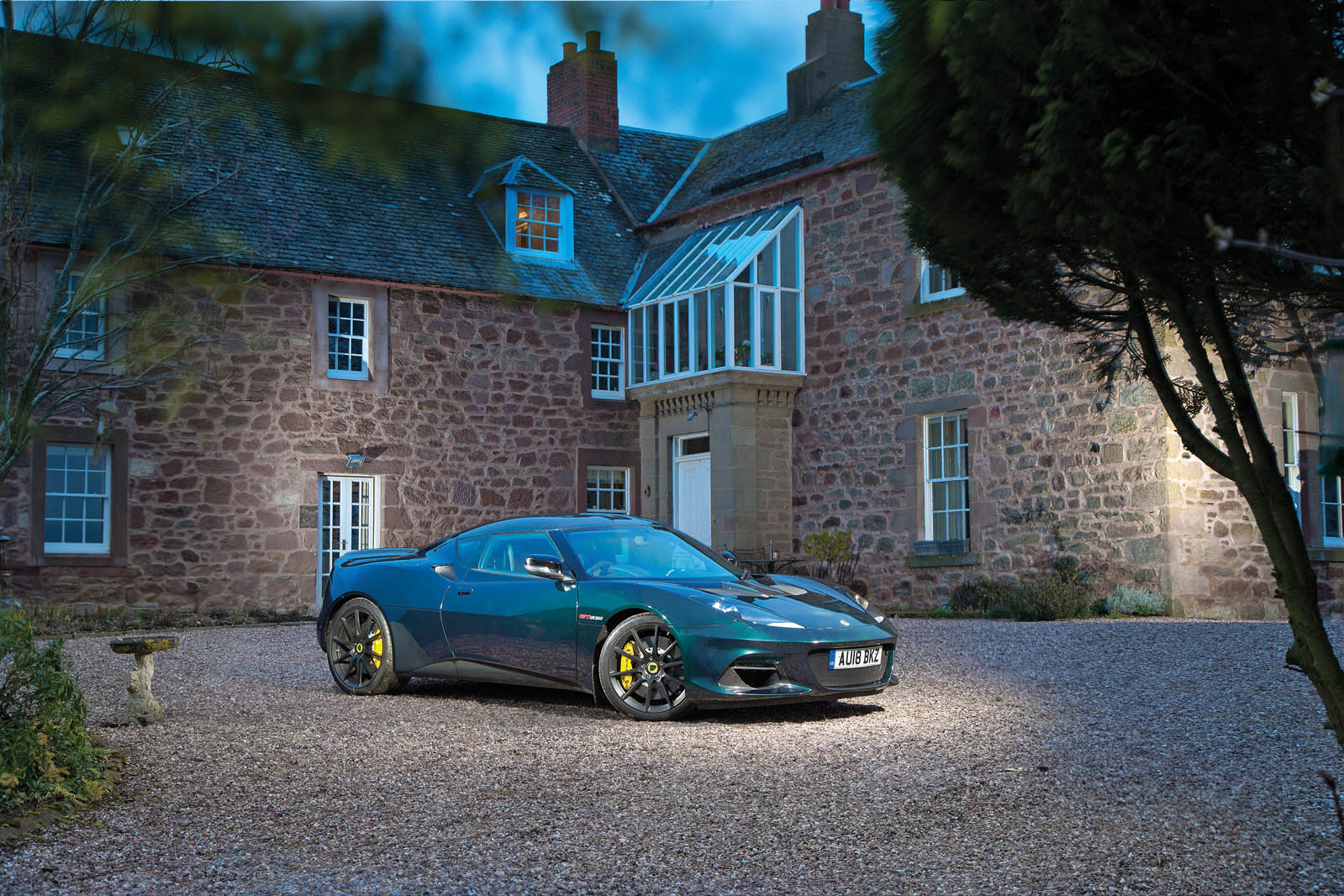
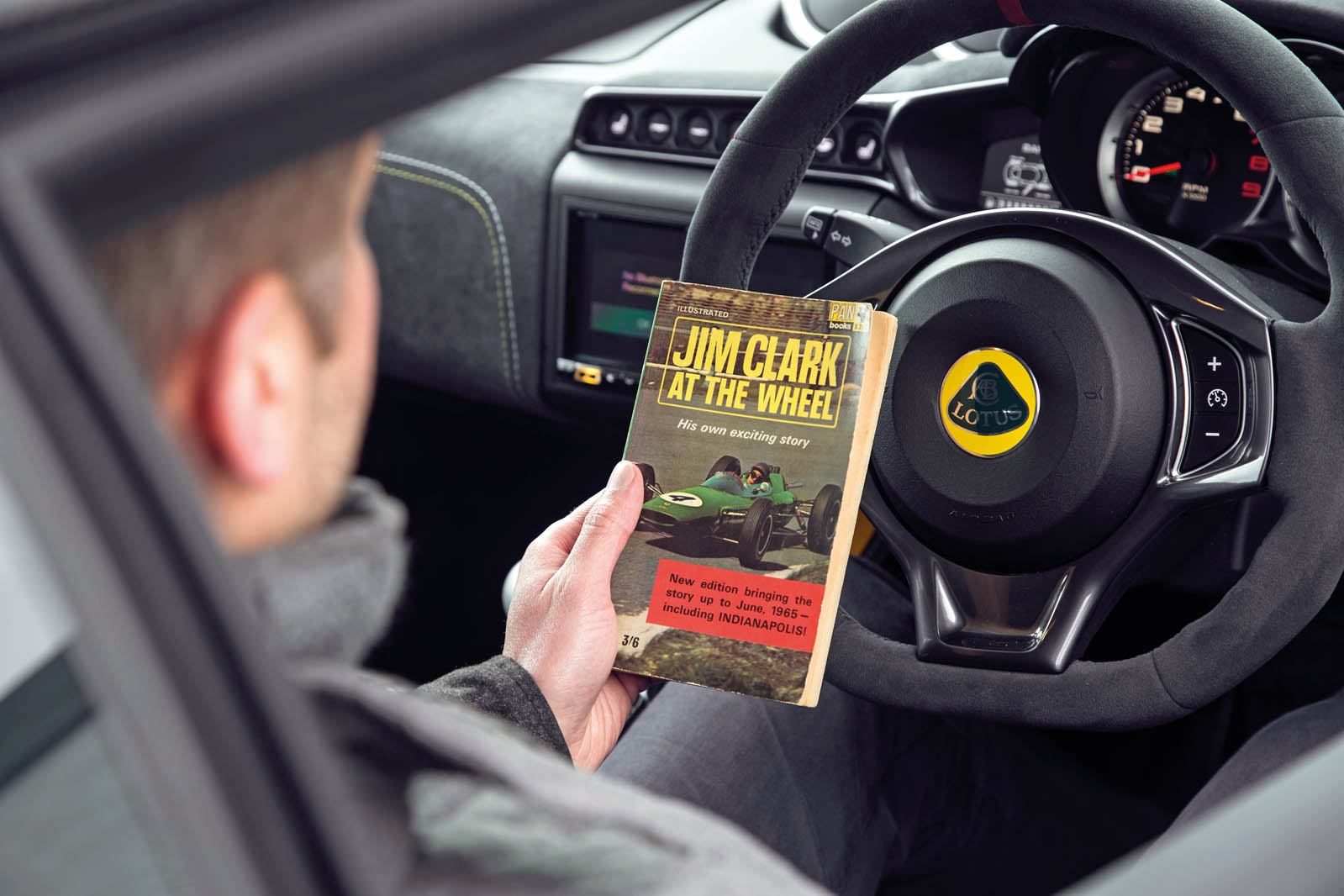
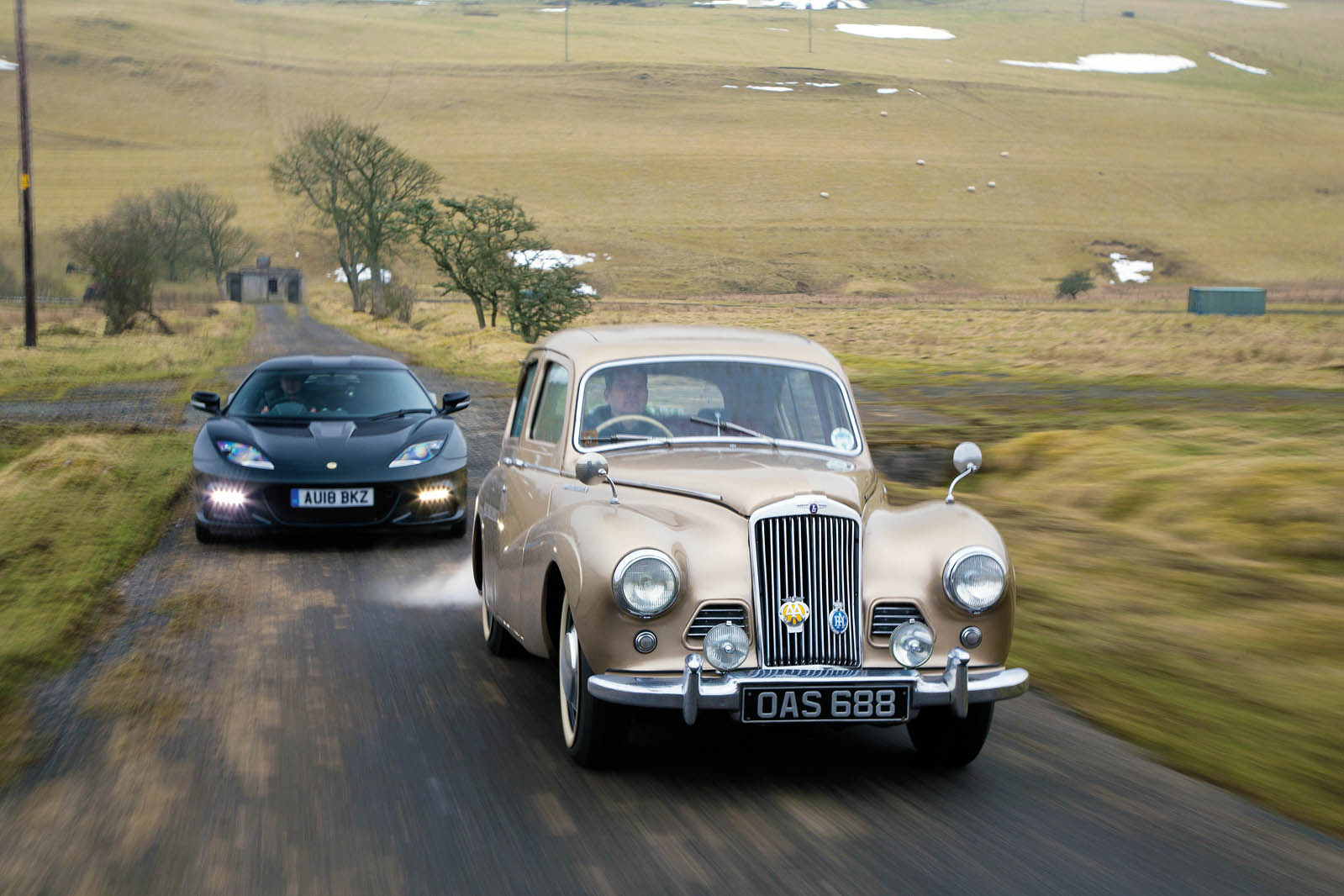
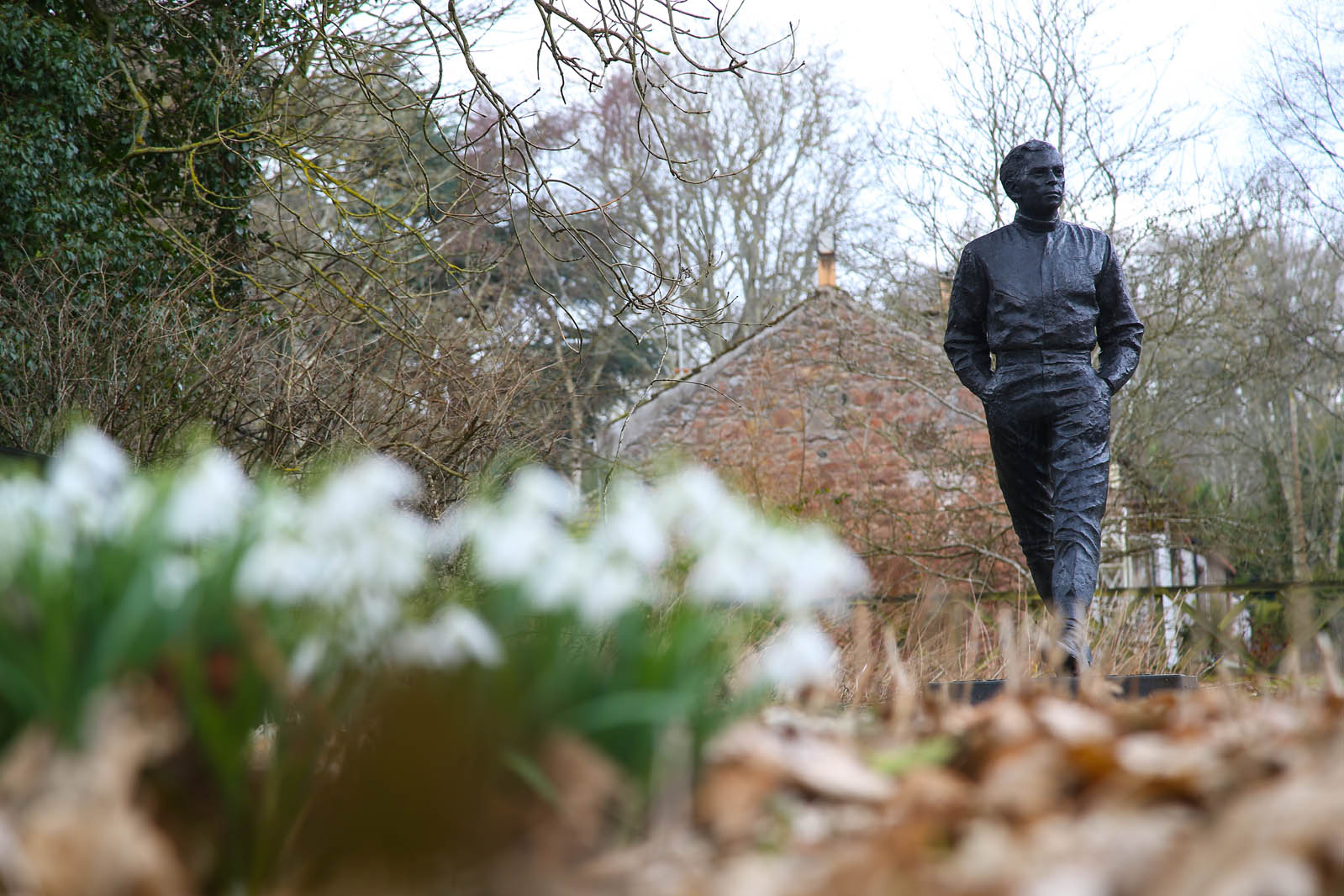
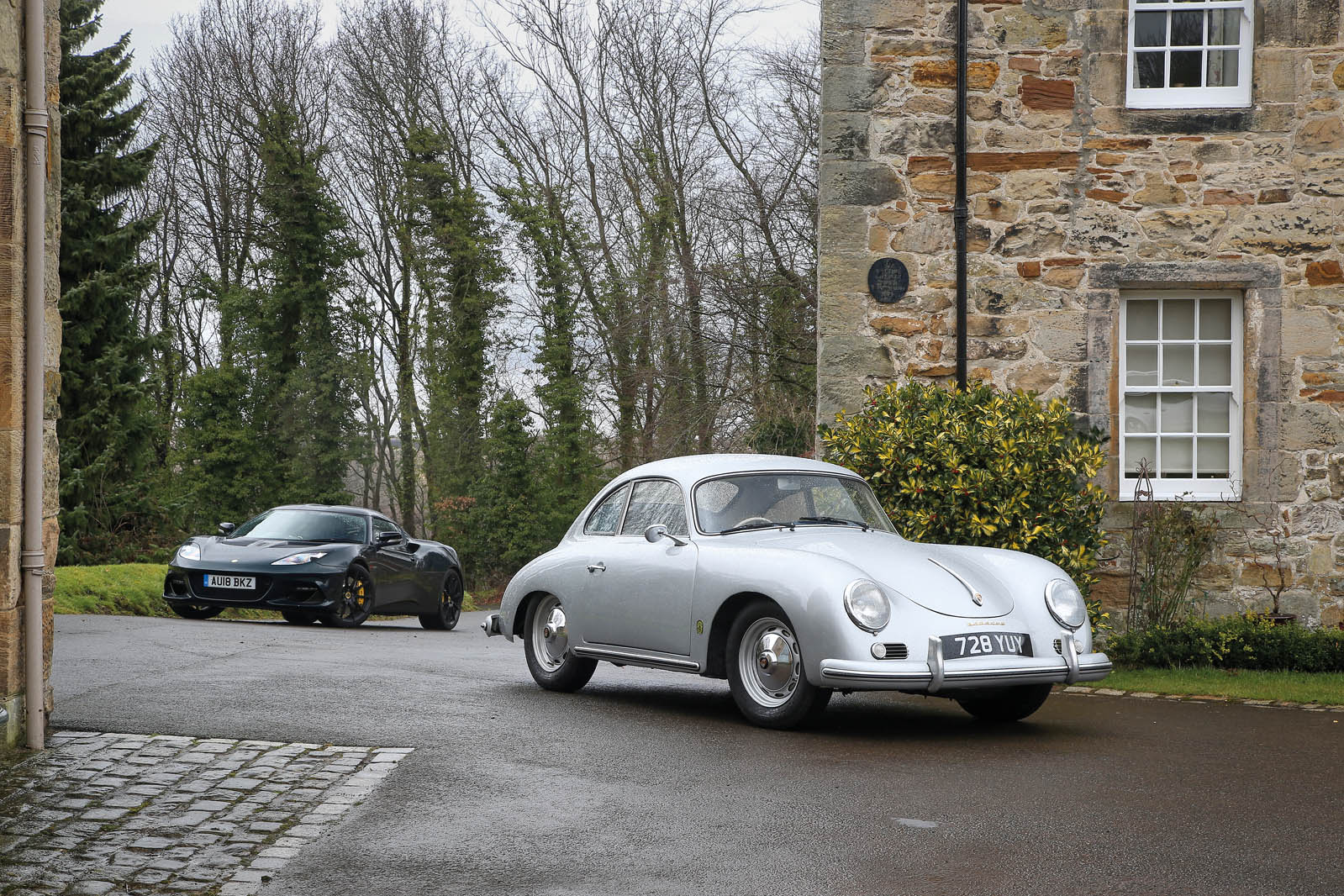
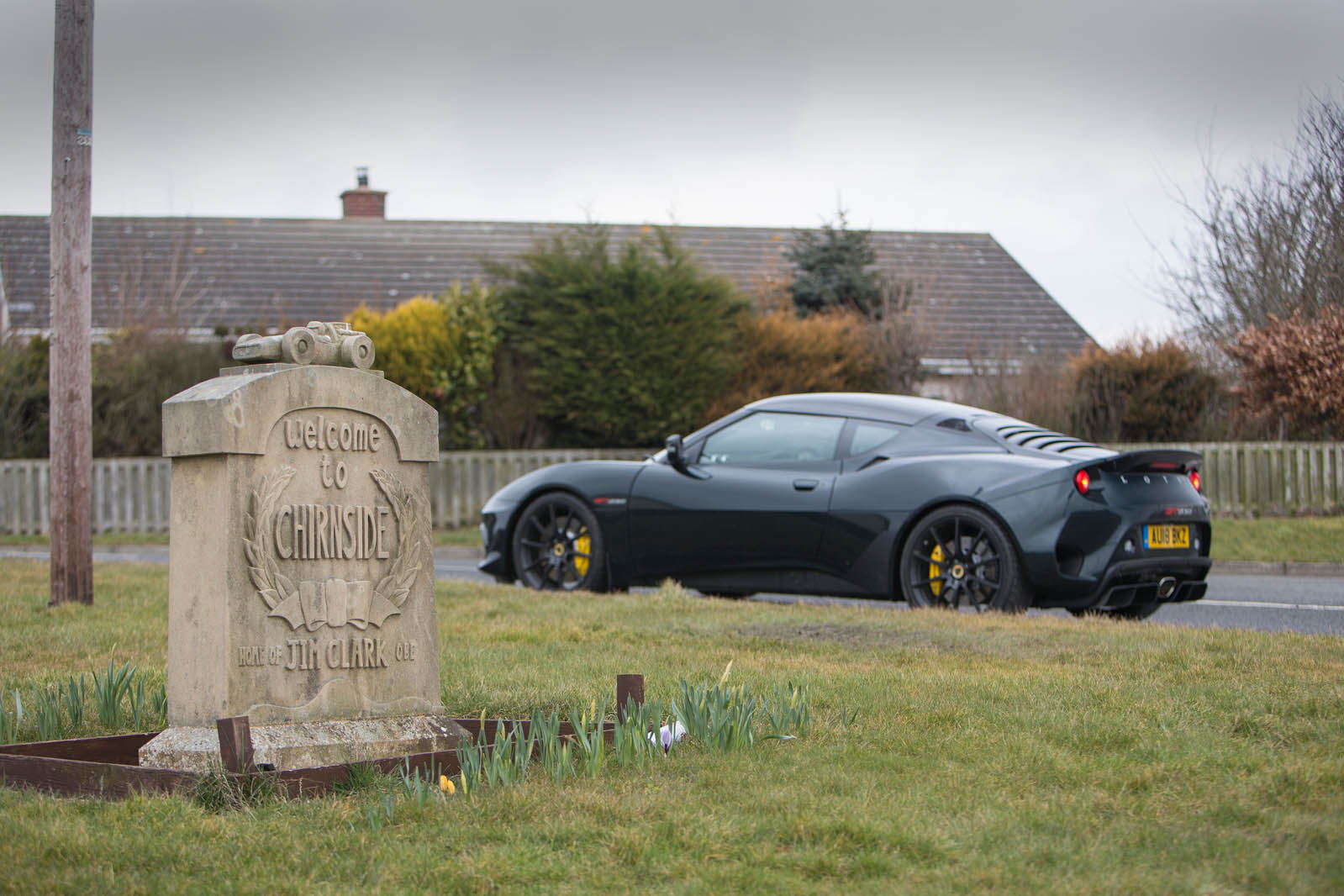
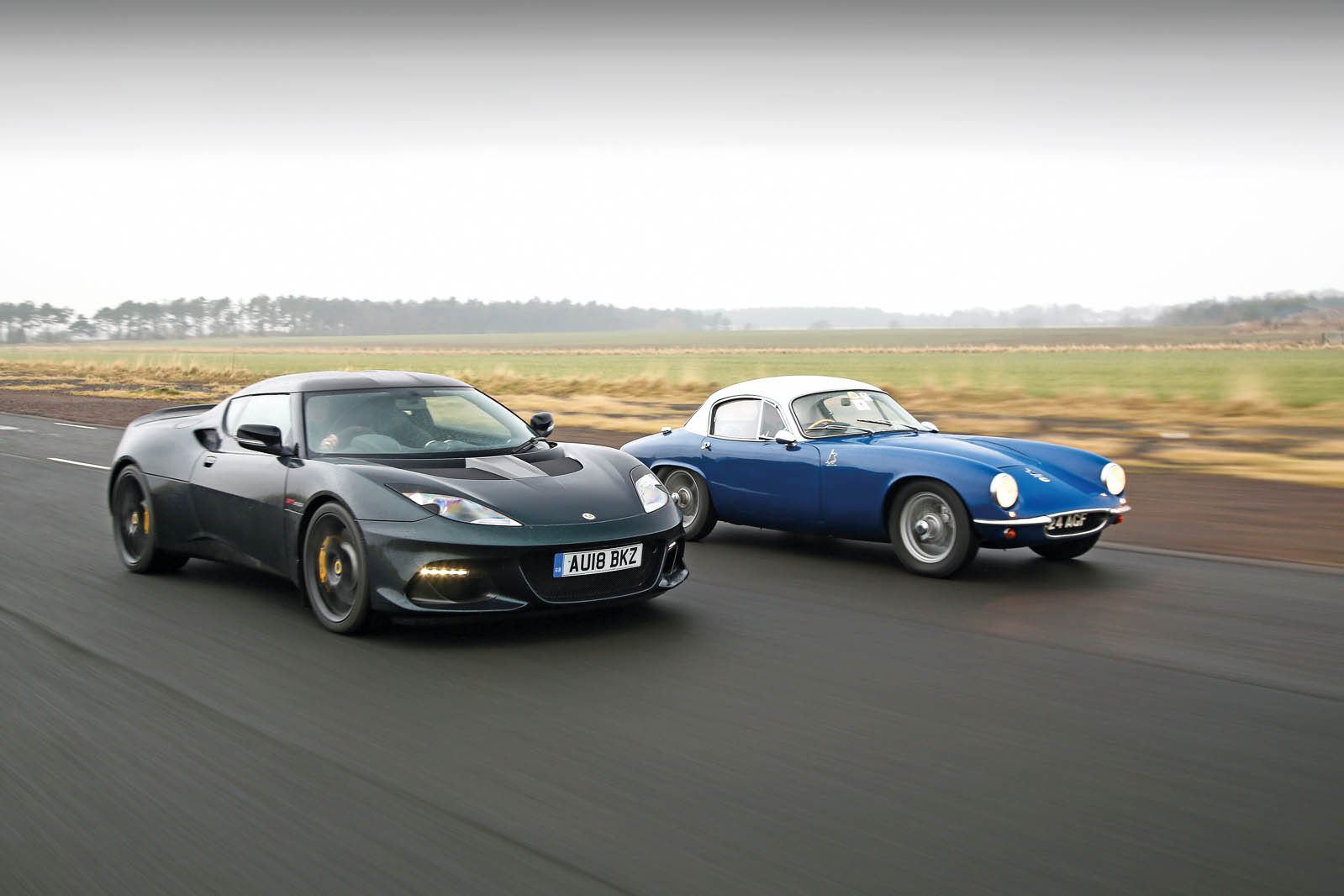
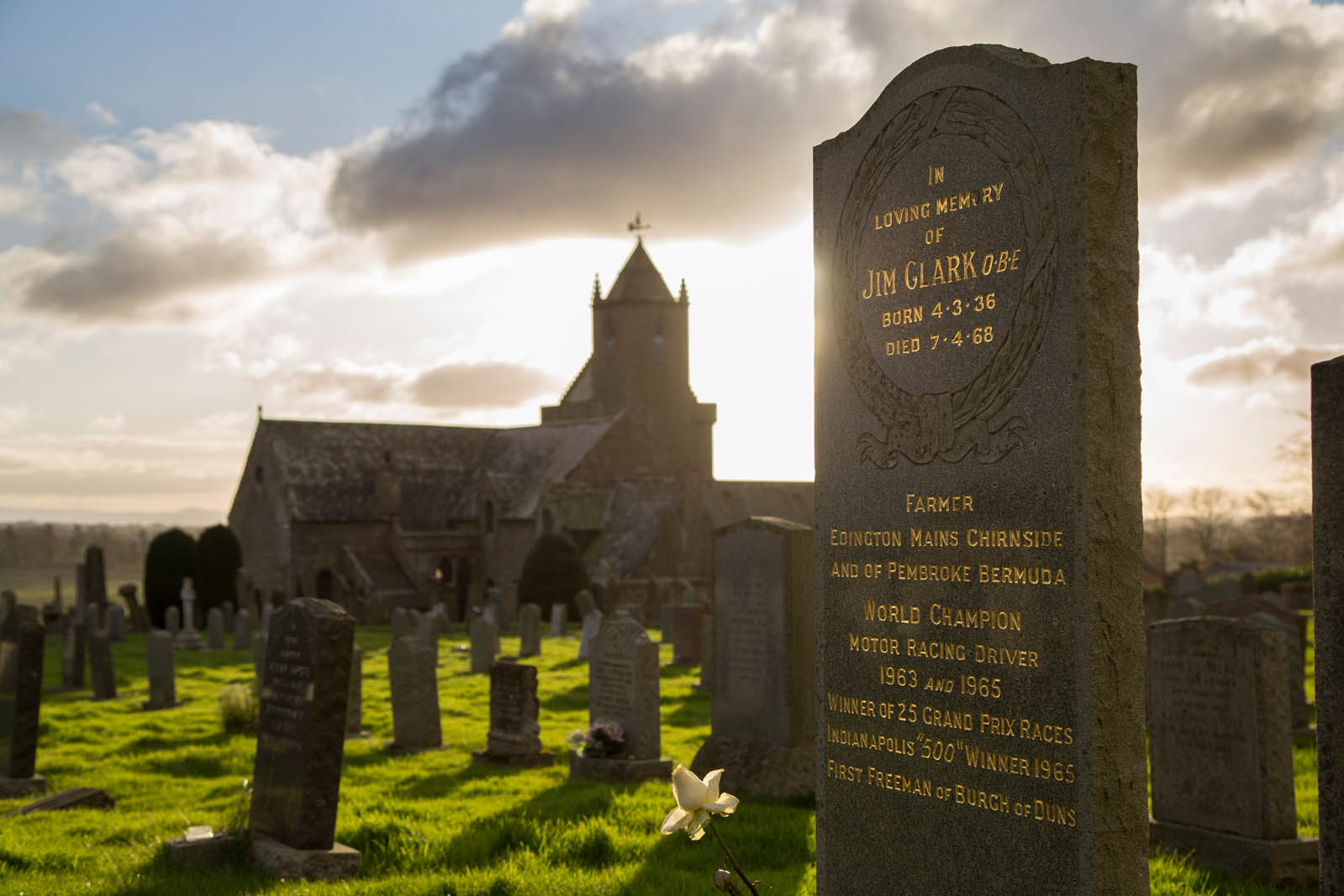
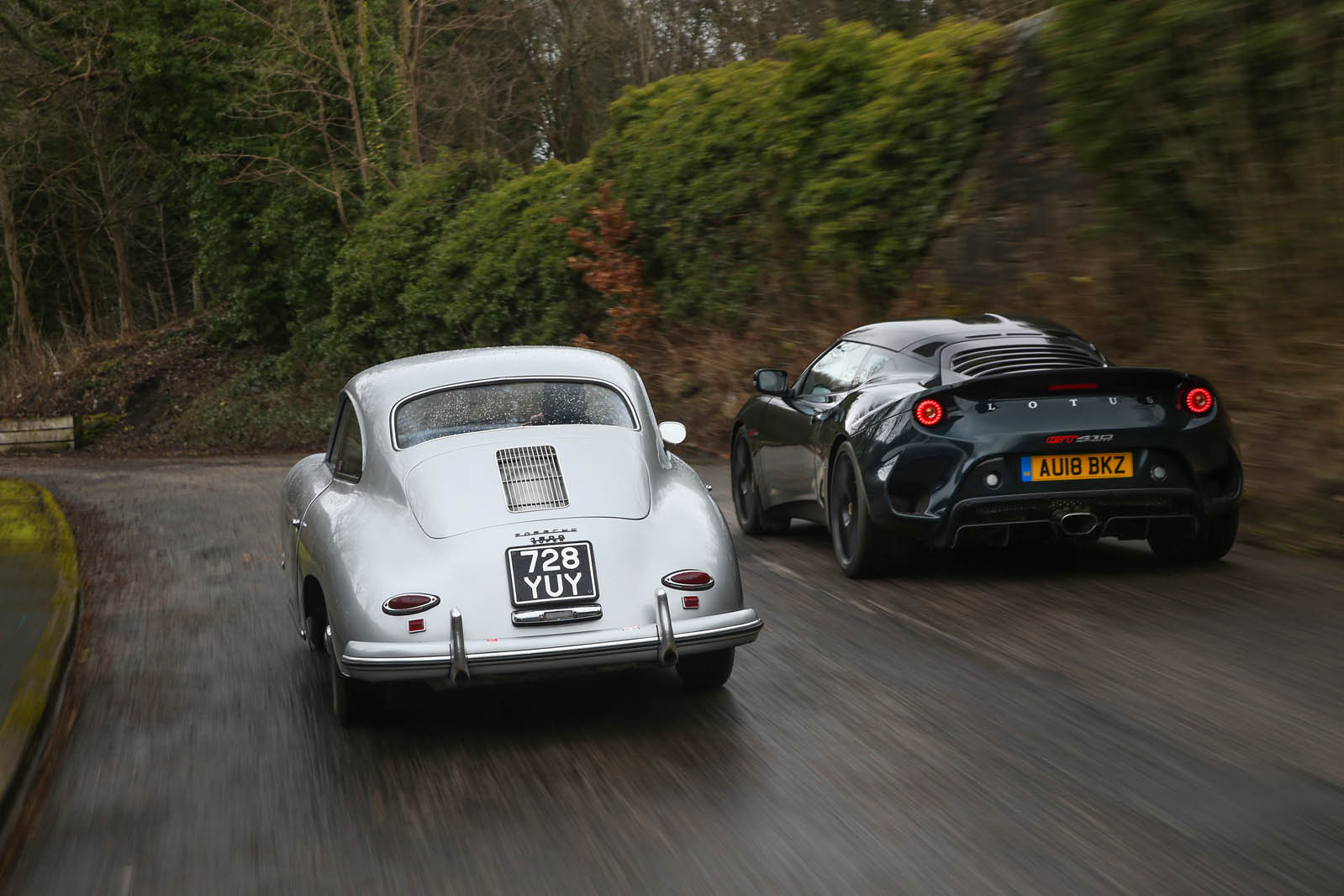

Join the debate
Add your comment
Great article!
Its avery inspiring writeup, an excellent tribute to a great man... thanks for republishing it
meh
cars were so slow then. any junior formula driver would see him off today. saying they were the fastest of their generation is like congratulating the tallest leprechaun. next...
You can't compare different times
Ifs n buts..
we will never know what Jim Clark might have achieved, Stirling Moss had a stellar career, Pat Moss infact might have done more than him, and what about John Surtees?, he won on two and four Wheels, is he the best Britain produced?, as for today's champions, they haven't the time, over twenty races, plus testing and other commitments, no, they'll never do other forms of motorsports maybe not until there F1 career ends.